To evaluate a CMS, start by defining your business goals and stakeholder needs. Then score each platform on usability, scalability, security, extensibility, integrations, governance, analytics, and cost. Use this data to guide trials, RFPs, and final selection.
What is a CMS and why evaluate it thoroughly?
A Content Management System (CMS) is a platform for creating, managing, and publishing digital content—without needing deep technical skills LinkedIn. Rigorous evaluation ensures you choose the CMS that supports your content strategy, scales with your growth, and delivers long-term value—not just popularity.
How to prepare: define business needs & stakeholder input
- Clarify your objectives: Are you building a blog, marketing site, intranet, or headless platform? What growth, international, or personalization goals exist?
- Map stakeholder needs: Engage editors, marketers, devs, IT, and C‑suite to identify must-have, nice-to-have, and future requirements .
What to evaluate: the core CMS criteria
Building your evaluation process
- Requirement matrix: Assign weights to each criterion based on business priorities.
- Market shortlist: Survey platforms—WordPress, Drupal, Joomla, Shopify, Squarespace, AEM, Contentful, Strapi—according to your feature needs.
- RFP & scoring: Draft an RFP with explicit evaluation matrix and send it to vendors.
- Proof-of-concept: Set up trials focusing on usability, API integration, performance under load, workflow demo, and security testing.
- Final decision: Score platforms and analyze cost vs. ROI. Look for vendor stability, community, roadmap, support .
Post-selection best practices
- Align with implementation timeline, include stakeholder training and migration plan.
- Monitor KPIs: page load, user adoption, content velocity, downtime.
- Schedule periodic reviews to reassess roadmap alignment and innovativeness.
In today’s digital landscape, having a robust Content Management System (CMS) is crucial for any organization aiming to maintain a strong online presence. Whether you run a blog, a corporate website, or an e-commerce platform, selecting the right CMS can significantly impact your site’s functionality and user experience. This guide will help you evaluate CMS tools, ensuring a choice that aligns with your needs.
A Content Management System is a software application that allows users to create, manage, and modify content on a website without needing specialized technical knowledge. Various CMS tools are available, each offering unique features. Understanding what you need from a CMS and how different platforms meet those requirements is essential.
Core Functions of a CMS
At the heart of any CMS is its ability to streamline content management. This includes providing an intuitive interface to publish blog posts, manage media files, and organize content logically. A good CMS will enable users to perform these tasks without delving into coding intricacies, making it accessible to a wider audience.
Types of CMS Platforms
Several types of CMS platforms exist, designed for specific needs. Open-source CMSs like WordPress and Joomla offer flexibility and customization options. Proprietary CMSs provide robust support and security features. Hosted CMS solutions, such as Shopify and Squarespace, offer convenience with their all-in-one packages, eliminating the need for separate hosting.
Key Considerations When Choosing a CMS
When evaluating CMS tools, consider the following factors to ensure the platform meets your specific needs.
Define Your Requirements
Before diving into CMS options, clearly define your needs by asking:
- What type of website are you building?
- What are your content management needs?
- How many users will manage the site?
- Do you require specific integrations or plugins?
- What is your budget?
By answering these questions, you’ll create a clear picture of your requirements, narrowing down your CMS choices.
Understanding Your Website’s Purpose
Identify the primary purpose of your website, whether it’s a blog, portfolio, or e-commerce site. Each type has different requirements and will benefit from specific CMS features. Knowing your website’s purpose will help prioritize functionalities.
User Management and Roles
It’s critical to determine how many people will manage the site and their roles. A CMS with robust user management capabilities lets you assign specific roles and permissions, ensuring team members have the necessary access without compromising security.
Importance of User-Friendliness
User-friendliness is a key consideration when selecting a CMS. A platform that is easy to navigate can significantly reduce the learning curve for new users, especially for businesses with limited technical resources. Look for CMS options that offer drag-and-drop functionality and straightforward interfaces.
Customization and Flexibility
Your website should reflect your brand and meet specific needs. Choose a CMS that allows customization with templates, themes, and plugins. This flexibility ensures your site can adapt as your business grows.
Scalability and Performance
As your business expands, your website should grow with it. A scalable CMS can handle increased traffic and content volume without compromising performance. Consider scalability when evaluating CMS tools to ensure they support your long-term growth.
Security Features
Security is paramount for any website. Look for platforms with robust security features such as regular updates, security patches, and strong user authentication. A secure CMS protects your site from threats and keeps data safe.
Support and Community
Reliable customer support can make a significant difference, especially when technical issues arise. Ensure the CMS offers various support channels and check for available documentation, tutorials, and a strong user community that can provide help and resources.
Popular CMS Tools to Consider
With your requirements in mind, let’s explore some top CMS platforms available today.
WordPress
WordPress powers over 40% of all websites on the internet, known for its user-friendly interface and extensive plugin library. It’s suitable for blogs, portfolios, and small to medium-sized businesses, thanks to its SEO-friendly features and a large support community.
Joomla
Joomla offers greater flexibility and functionality than WordPress, ideal for complex websites requiring advanced features. It supports multiple languages, making it suitable for international businesses and communities.
Drupal
Drupal is a highly flexible CMS often used for large and complex websites. It offers advanced user management and security features, making it a preferred choice for enterprises with specific technical needs.
Shopify
For e-commerce, Shopify provides a comprehensive platform to build and manage online stores, with user-friendly tools for product management and customer engagement. Its app store allows for a wide range of integrations.
Squarespace
Squarespace is known for its visually stunning designs and ease of use, perfect for creatives and small businesses. It offers built-in marketing features and integrated design tools, making it easy to build a professional website quickly.
Conclusion
Evaluating CMS software can seem overwhelming, but understanding your needs and comparing popular CMS tools can guide you to the right platform. Prioritize ease of use, customization, scalability, security, and support. The right CMS will provide a solid foundation for managing a successful online presence, enabling you to effectively support your business goals now and in the future.
This version is concise while retaining the core content necessary for evaluating CMS tools.






